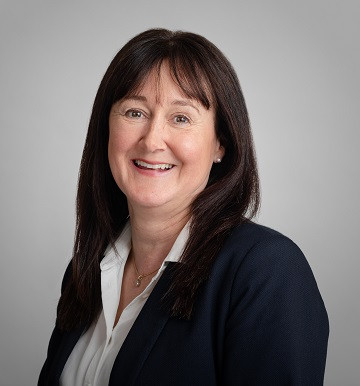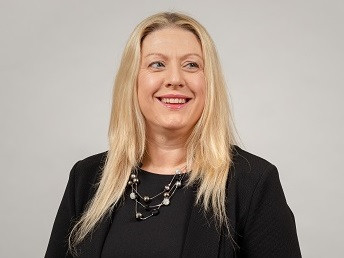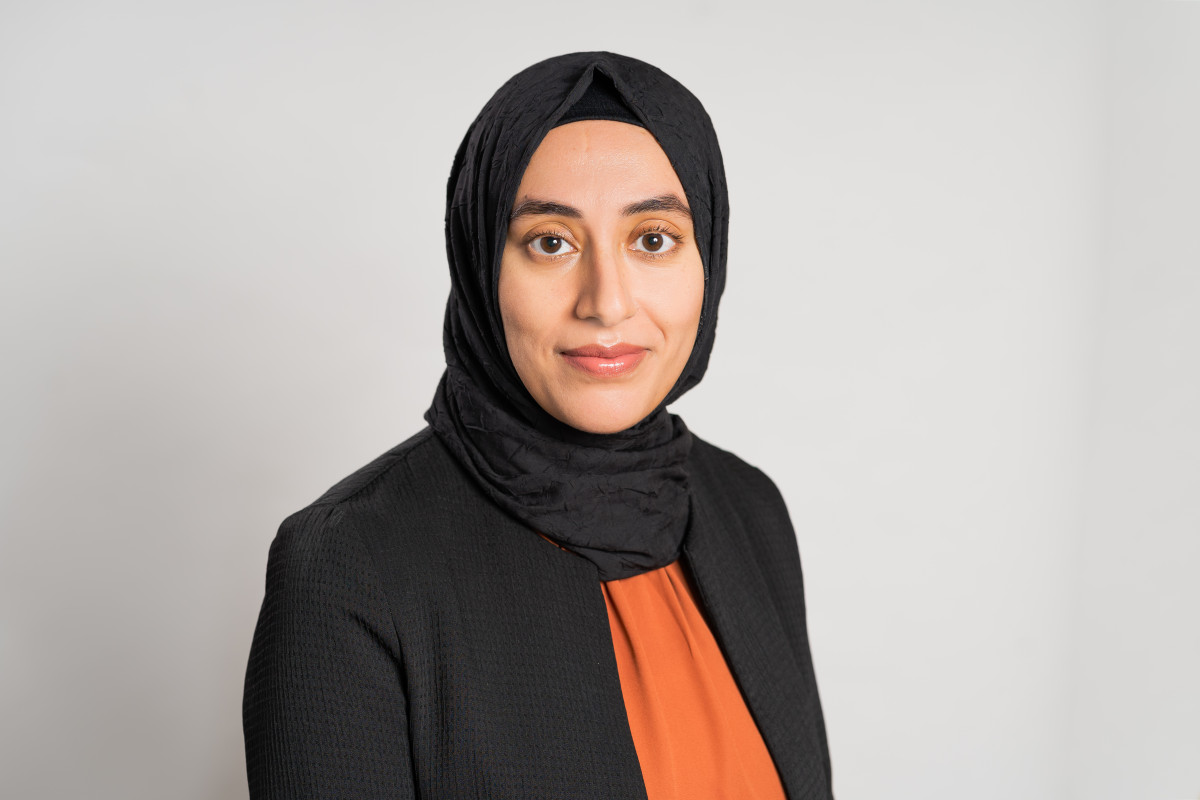"I would just like to say how very pleased I am with the outcome of the final hearing on Wednesday…Thank you all for doing a great job for me and my child."
Domestic abuse is violence or another form of abuse committed by one person against another. It can affect anyone, regardless of your gender, age, social background, religion, sexuality, ethnicity or where you live.
Despite cuts to legal aid, it’s still available for victims of domestic abuse. If you’re going through a divorce or separating from an abusive partner, you may be entitled to legal aid which can help meet the costs of legal advice and representation in court.
You’ll have your own questions about what you can do, but here’s some of the ones we think are useful:
-
What is domestic abuse?
The government’s definition of domestic abuse is any incident or pattern of incidents of controlling, coercive, threatening behaviour, violence or abuse between those aged 16 or over who are, or who have been, intimate partners or family members regardless of gender or sexuality. Domestic abuse can be psychological, physical, sexual, financial and emotional.
What protection is there?
There are laws to protect you from domestic abuse. In certain circumstances you can apply for a non-molestation order and an occupation order. A non-molestation order usually stops your partner or family member from using or threatening violence towards you, intimidating and harassing you, communicating with you and encouraging another person to do the same.
An occupation order regulates the family home and can be used to prevent your ex-partner from approaching or returning to a specified property and an identified distance around the property. It might be possible to apply for a non-molestation order and an occupation order on an urgent basis and without notice being given to the other person. If you’re in immediate danger you must call 999.
Can I find out if my partner has a violent past?
Yes you can. The government's domestic violence disclosure scheme, implemented in March 2014, allows you to ask the police to check if your partner has a violent past if you’re concerned they pose a risk to you. If police records show that you could be at risk, they’ll consider disclosing the information, but only if it’s legal and is considered proportionate and necessary to do so.
I’ve been referred to a MARAC, what is it?
A MARAC is a multi-agency risk assessment conference. If you’ve been identified as being at high risk of domestic abuse by someone working with you, for example a health visitor, a MARAC referral will be made and an independent domestic violence advocate (IDVA) will contact you to provide you with some more information.
You’re not required to be present at an MARAC meeting, it’s attended by a number of agencies, usually the police, children’s services and health and housing. At the meeting representatives from each agency suggest actions their agencies can undertake to protect you.
What happens after I’ve instructed a solicitor?
Gathering the courage and strength to change your situation should never be underestimated, but once you’ve made the decision to leave an abusive partner, it can be life changing. Of course, there’s likely to be lots of questions; where am I going to live, will I have to take the kids out of the area, will they have to be taken out of school, what will I do for money, how will I cope etc.
Aside from the legal aspects of your circumstances, we work with organisations that can support you in other areas of your life. We can refer you to agencies that provide somewhere for you to live while you get back on your feet and, if needed, we can put you in touch with organisations that offer counselling for you and the children. We also work with the Department for Work and Pensions which can advise you of any benefits you may be entitled to as well as social services to help support your transition to a new life.
& we think you might also find these helpful...
- Family Law services
- Divorce
- Separation
- Finances
- Children law
- Domestic Abuse
- Same Sex Marriage / Civil Partnerships
- Social Services: No Court Proceedings Issued
- Social Services: Court Proceedings Issued - Care Orders
- Unravelling Common Myths about Divorce
- Cohabitation
- Surrogacy
- Same Sex Parenting
- Christmas Contact
- Child Contact Arrangements
- Relocating with your child within the UK
- Relocating abroad with your child
Our team of Family Law Specialists

Amanda Connor
Family Solicitor (Consultant)

Jean Flanagan
Family/Director Partner

Michelle Moss
Family/Director Partner

Sonya Mehmood
5 out of 5
Family Solicitor

Melissa Billington
5 out of 5
Associate Solicitor Family

Sophie McCrory
Trainee Solicitor Family

Jilal Mahmood
5 out of 5
Family Solicitor

Shabana Issop
5 out of 5
Family Solicitor

Klaudia Jagiela
Family Solicitor

Alice Howells
Trainee Solicitor Family
Frances Shickell
Family Solicitor

Keith Bull
Head of Private Family

Natasha Harford
Trainee Solicitor Family
Family"Definitely I would recommend anyone to get help from your Russell & Russell legal services"
Family"Everything ran smoothly and quickly and I found Sarah and Russell & Russell to be professional and very helpful - very pleased!"
Family"Thank you for all the support and help you have given me throughout my divorce, you made what was a stressful period seem straightforward and easy!"
Family“I just want to say a HUGE thank you to you for all you have done for me since I set foot in your office in mid February. I was very nervous as it had taken me nearly 5 years to decide to go for a divorce. You have been so kind and patient throughout the process. I have learnt a lot from you. Thank you for your understanding of my case and understanding me and sorry if I had the odd 'wobble'.
“This is a life changing moment for me. The transfer of the house went through… with Michele Benson who has also been very kind. I now have financial security in the form of the house for my future and the boys future. I also feel liberated that I am no longer married… and can now move on with my life.
“You have made this happen for me and I am extremely grateful to you.”
Family



